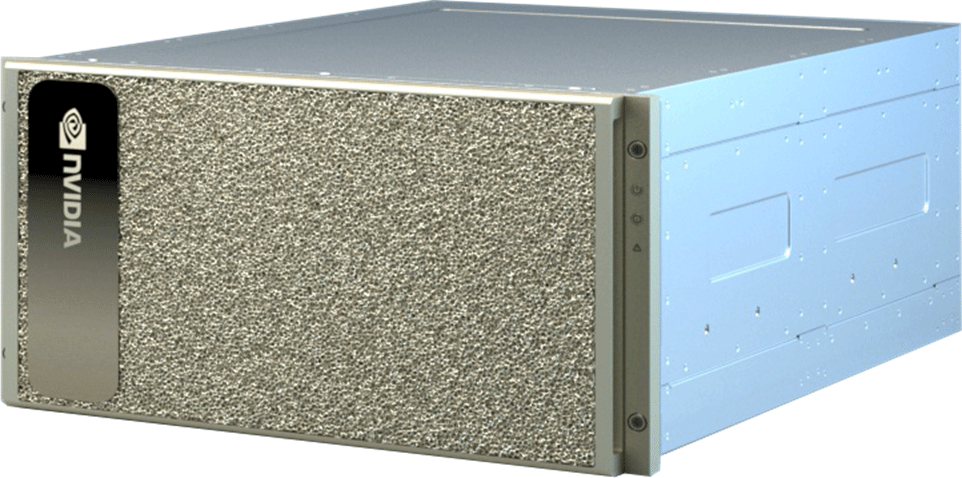Versions Compared
Key
- This line was added.
- This line was removed.
- Formatting was changed.
In publications and presentations that use results obtained on this system, please include the following acknowledgement: “This work utilizes resources supported by the National Science Foundation’s Major Research Instrumentation program, grant #1725729, as well as the University of Illinois at Urbana-Champaign”.
System Description
Host name: hal-dgx.ncsa.illinois.edu Hardware Software
|
|
User Guide
To request an account: email kindrtnk@illinois.edu
| Note |
|---|
Use Use Use |
To access the system, submit jobs, etc.: Access HAL-DGX and OVERDRIVE servers through HAL-LOGIN3 LOGIN4 node
To compile CUDA applications, first enable devtoolset 9
CUDA tools are already in the path, just use nvcc to compile.
To work with Python,
createthere are several versions installed, from 2.7 to 3.9. Create and enable virtual environment first, e.g., to use 3.8:
| Code Block |
|---|
python3.8 -m venv python3python38-virtualenv source python3python38-virtualenv/bin/activate |
You can use pip to install python packages within this environment.
To start a Jupyter notebook on hal-dgx
- on hal-dgx:
| Code Block |
|---|
# source python3your python environment, e.g., 3.8 source python38-virtualenv/bin/activate pip install jupyter # this needs to be done only once jupyter notebook --port=9999 # this will start the jupyter server on port 9999. Pick a different port if it fails to start |
- on your own computer:
| Code Block |
|---|
# This opens a connection to the hal-dgx.ncsa.illinois.edu Jupyter server, and # forwards any connection to port 8888 on the local machine to port 9999 on hal-dgx.ncsa.illinois.edu. ssh -L 8888:localhost:9999 <userid>@hal-dgx.ncsa.illinois.edu |
- Finally, on your own computer, open web browser and point it to the address you see after running '
jupyter notebook' on hal-dgx, something like http://localhost:8888/?token=...- Make sure to replace the port in the URL with the port on your localhost
Contact us
Request access to ISL resources: Application
Contact ISL staff: Email Address
Visit: NCSA, room 3050E
